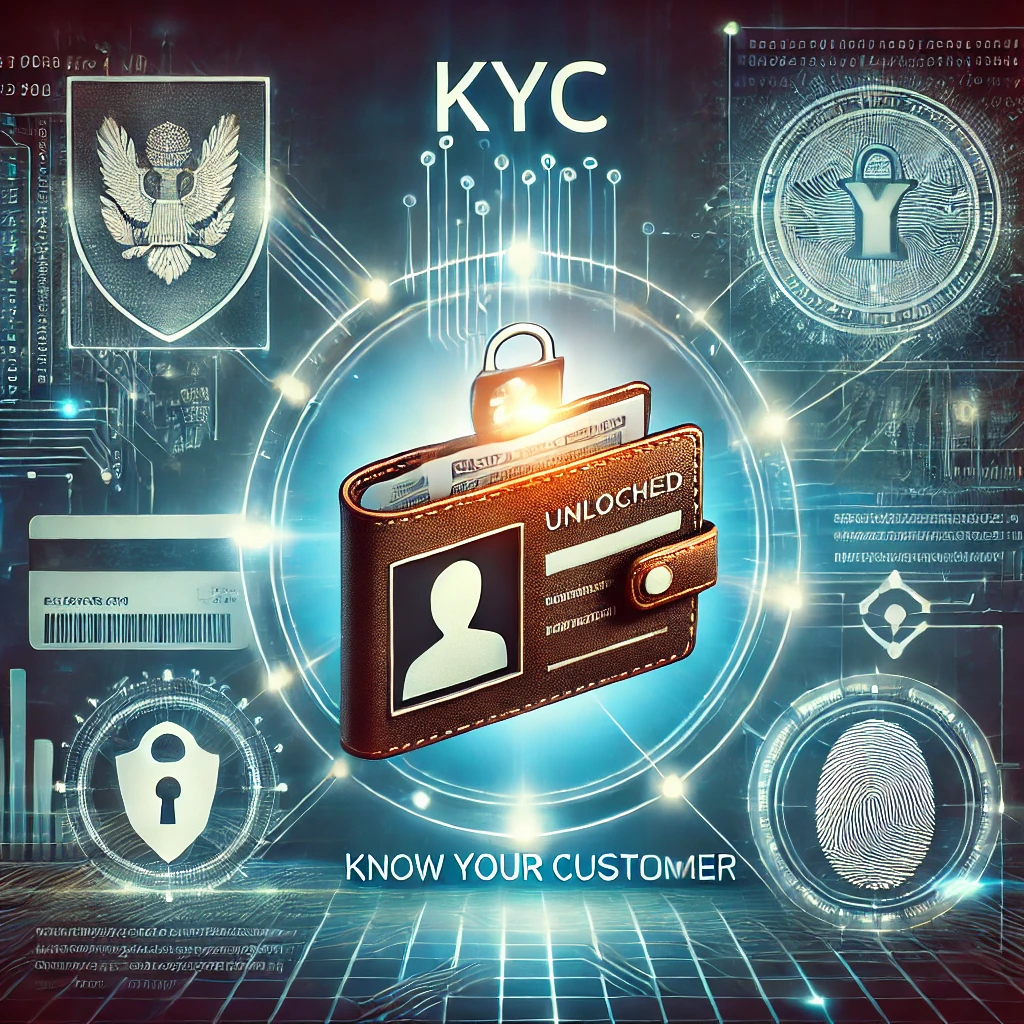
As the crypto market matures, ensuring the security of users’ assets and maintaining market integrity are crucial. One of the key elements enabling this is Know Your Customer (KYC), a process that verifies the identities of users during crypto wallet setup. While initially perceived as a bureaucratic hurdle, KYC has become an essential safeguard for crypto wallet security and plays a pivotal role in building trust across the market.
What is KYC, and Why is It Important?
KYC refers to the practice of collecting and verifying personal information, such as government-issued identification, proof of address, and sometimes biometric data. For crypto wallets, this process is essential to confirming that users are legitimate, helping to prevent illegal activities like fraud and money laundering.
According to AIPrise, a leading player in the industry, as cryptocurrencies gain popularity, the risks associated with them—such as money laundering and fraud—grow in parallel. By mandating KYC, crypto wallets ensure that all users are verified, creating a safer environment for all.
How KYC Enhances Crypto Wallet Security
The KYC process typically begins with the collection of key documents that establish a user’s identity and legitimacy. These may include:
- Government-issued ID: Passport, driver’s license, or national ID card to verify identity.
- Proof of address: Utility bills or bank statements to confirm location.
- Biometric data: Selfies or other forms of verification to link the person to the provided documents.
- Contact information: Phone number and email address to aid in communication and further verification.
This multi-layered approach significantly reduces the risk of identity theft, unauthorized access, and other fraudulent activities. In custodial wallets, where third parties manage private keys, complete KYC is necessary to comply with regulations and maintain secure asset management.
On the other hand, non-custodial wallets—which allow users to manage their own private keys—typically do not enforce KYC unless they are integrated with regulated services. This offers more privacy but also increases the risk of scams.
Market Trust Through KYC Compliance
The benefits of implementing KYC go beyond security. KYC fosters trust in the crypto market by ensuring that all transactions come from verified users, thus enhancing the credibility of the platform. This leads to a more stable market environment by filtering out bad actors and reducing the likelihood of fraud.
KYC also ensures that a wallet is compliant with regulatory standards, which is critical in the ever-evolving landscape of digital finance. Non-compliance can expose wallets to significant legal and financial penalties, damaging both their reputation and financial stability. Furthermore, investors are more likely to trust a wallet that has robust identity verification processes in place, making it more attractive to new users and partners.
The KYC Challenge for Non-Custodial Wallets
While KYC is indispensable for custodial wallets, non-custodial wallets offer users greater control and privacy by not requiring KYC. Wallets such as MetaMask and Argent provide autonomy over private keys but come with higher risks of fraud due to the lack of regulation. This trade-off between privacy and security continues to shape the debate on the future of KYC in decentralized finance.
The Future of KYC in Crypto
The role of KYC in the crypto space will continue to evolve as the digital finance ecosystem matures. Governments and regulatory bodies are adapting to advancements in financial technology, and KYC providers like AiPrise are at the forefront of this evolution. One promising development is the integration of KYC with blockchain technology, which could enhance both transaction security and monitoring across the crypto market.
By continuing to refine KYC protocols, crypto platforms can ensure higher levels of security while maintaining user trust, ultimately strengthening the market as a whole.
